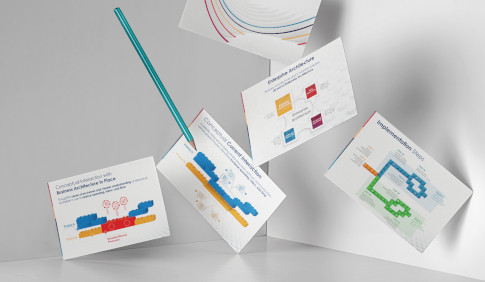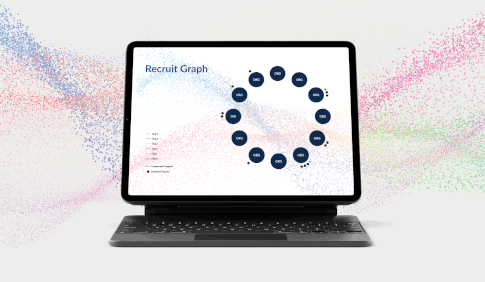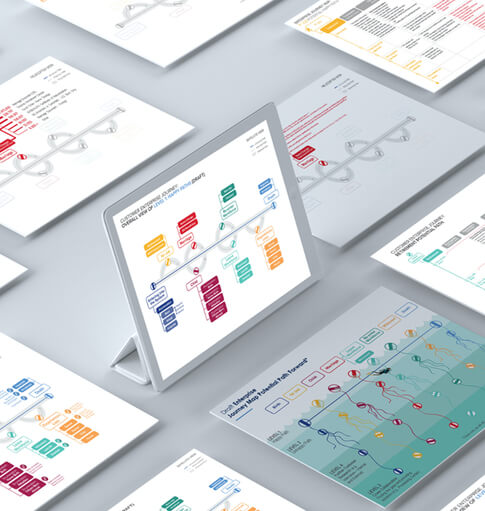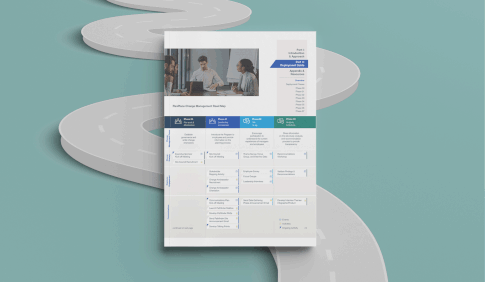Coalition (n): a temporary alliance of distinct parties, persons, or states for joint action.
Climate change, substance abuse, terrorism, these global issues affect all of us regardless of demographics or posture in life. Such complex issues unite and polarize, create and destroy. No issue, big or small, will be solved by one person or one organization acting alone. Reaching a common, complex goal requires tremendous planning and coming together of diverse parties to take sustained, coordinated action.
ACCIDENTAL ADVERSARIES
When an issue feels large or insurmountable, it is easy to get discouraged and even hostile toward those around you, even if you are working towards the same goal. The term Accidental Adversaries describes what happens when two or more parties working together fall out of alignment. Problems arise when one or both parties are not satisfied with current progress or approach and take corrective measures that unintentionally obstruct the success of the other party.
When this occurs, parties start to look at each other as competitors instead of allies despite their original intention of working together. Adversarial behavior manifests in a few ways. You may notice individuals getting weighed down by the minutiae or becoming overly consumed with taking credit for positive results while being quick to place blame on others.
Accidental adversaries are common and create unnecessary roadblocks. Don’t let accidental adversaries hinder your forward progress. At The Clearing, we specialize in helping parties come together to tackle some of the world’s most complex problems. Utilizing POWER Prime, here are three conversations you can prompt in order to build stronger coalitions as you chase solutions to the issues around you. The PRIMES© are documented in the book, The PRIMES: How Any Group Can Solve Any Problem, (John Wiley & Sons, Inc., copyright © 2012) authored by Chris McGoff, founder of The Clearing.
THREE CONVERSATIONS YOU CAN HAVE TO BUILD STRONGER COALITIONS
Shared Perspective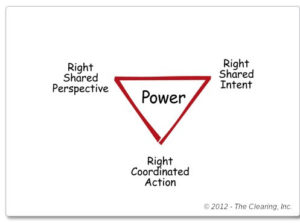
Work through the clutter to get a clear picture of the problem. Individuals often think their personal perspective is the right one and parties find themselves lost in a sea of information and fragmented direction because they don’t have a shared, agreed-upon perspective of the problem they face. A shared perspective turns a problem into an opportunity.
Shared Intent
Align everyone around a common vision. Once everyone has a common understanding of the problem, all parties must be aligned on the direction and desired outcome. Establish a shared intent by discussing what is at STAKE if the issue isn’t resolved to ensure everyone understands the urgency for action.
Coordinated Action
Focus resources on the fewest, most important initiatives to achieve the desired outcome. Oftentimes large plans can seem overwhelming and impossible to implement. Build trust through incremental short term success with the REDPOINT framework. After achieving several quick wins, the momentum grows, and transformation becomes possible.
It takes many people coming together powerfully to cause sustainable solutions. Let’s dent the universe and tackle complex issues together. Email me and let me know how I can help you and your organization create forward progress today.
—
Nicholas Srebrow is a Director at The Clearing and co-lead for the firm’s group focused on the commercial sector clients. Nicholas leads a team of consultants focused on delivering best-in-class organizational change management services.
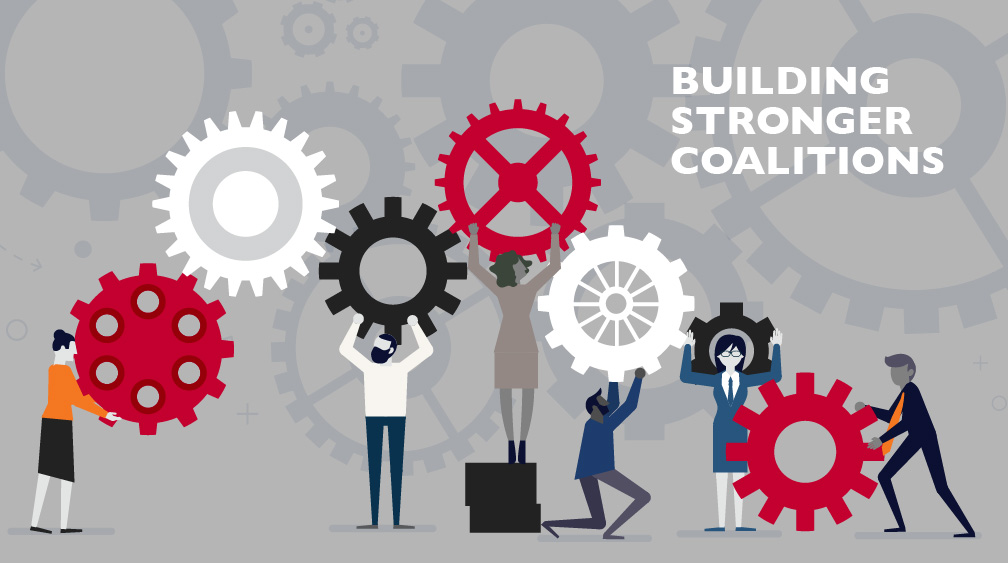
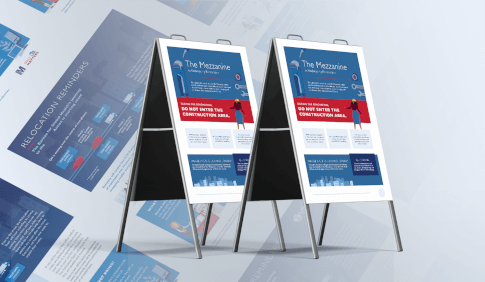
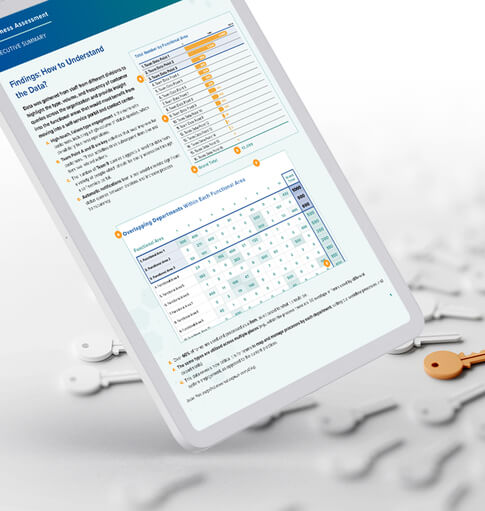

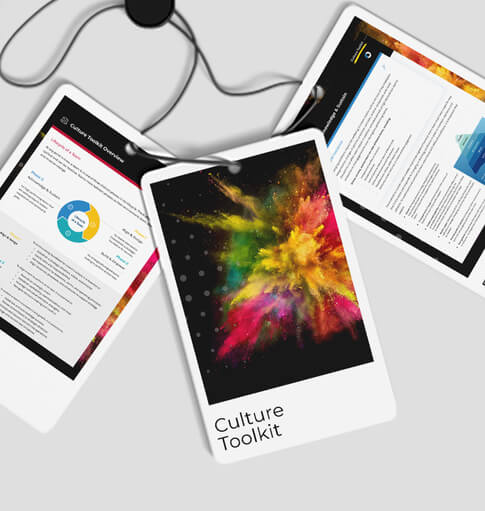

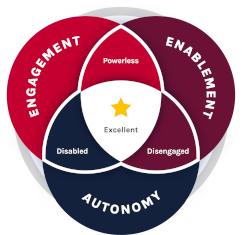 The Clearing’s Employee Experience
Improvement model, adapted from Itam
& Ghosh, 2020, focuses on three objectives:
The Clearing’s Employee Experience
Improvement model, adapted from Itam
& Ghosh, 2020, focuses on three objectives: 